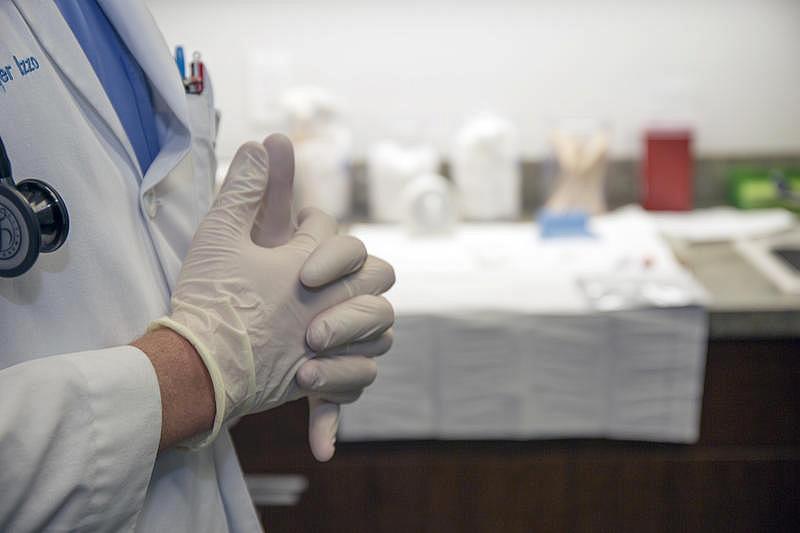Their Only Option: Universal health care gains traction in free clinic community
This story and the “Their Only Option” series is produced as a project for USC's Center For Health Journalism’s National Fellowship.
Other stories in the series include:
From retirement to the front lines of hepatitis C treatment
Their only option: Uninsured struggle to find mental health care
Their only option: Clinic helps patients get $90,000 Hep C cure
Their only option: Free clinics hear confusion ahead of Obamacare enrollment

Daylina Miller/Health News Florida
Donald Trump came into office promising to repeal Obamacare and replace it with something more affordable that would cover everyone. But members of congress couldn't agree on what that should be.
They are not alone. Even those working in the free clinics across Florida who care for people without insurance don't always agree on the best way to cover them while keeping costs in check.
But one idea seems to be gaining more traction: universal health care.
"I personally would lean towards more of a universal type medical coverage for the nation,” said Rob Quam, director of the Lake Wales Free Clinic.
Some call it Medicare-for-all or single-payer health insurance, but the concept is the same: a system that provides everyone with health care regardless of their ability to pay.
Patients at the free clinics would benefit from such a system because they can’t afford health insurance. Most have at least one job and make too much to qualify for Medicaid.
Many have chronic conditions, such as diabetes or high blood pressure, that require ongoing primary care. But because they don’t have insurance, they can’t get the care they need and end up in a hospital when their conditions become critical.
Some have tried Obamacare, but returned to the clinics after premium increases priced them out. Those premiums continue to go up, fueled in part last year by the uncertainty created by efforts to repeal and replace the law.
The costs have gotten so high that even those who can afford insurance are thinking twice.
Kammeron Findley, a 38-year-old health care professional from St. Petersburg, dropped Obamacare after her $110 premium tripled in four years. On top of that, she had to pay a $6,000 deductible before many of the benefits would kick in.
"And I just decided that was it,” Findley said. “I was done with paying the high monthly premium."
Findley joined a health share, where members pay monthly premiums to cover the costs of each other’s care. Her premiums dropped to $157 per month and her deductible fell to $500.
"It's worth it to me to pay half of what I was going to be paying monthly and to be able to save more money towards other things that I want to do in life, other goals that I have," she said.
That's great for Findley but not good for the health insurance market. In many ways, she's an insurer's dream. She's relatively young and healthy. She knows that she needs health insurance and she can pay for it. But at some point Findley felt the price was too high for what she was getting in return.
So if price is the issue, what's the solution? Again, it depends on who you ask.
Donna Armes is director of the Haley Center free clinic in Winter Haven and a nurse practitioner. She says many providers in private practice are scared of being sued.
"Well, I better order an MRI, an ultrasound and six labs because if I don't, he's going to go get an attorney and sue me because why didn't you order that,” Armes said. “And that's what's driving medical costs."
There's also the high salaries for CEOs at hospitals, shareholders to please at insurance companies, a lack of transparency in billing, unaffordable malpractice insurance and the list goes on and on.
Rob Quam, the director of the Lake Wales Free Clinic, says there's too many people making money off the system now to create any real reform.
"There isn't a simple answer other than can we start over ... and i don't know how we do that with where we are,” Quam said. “It's going to be frustrating."
[This story was originally published by Health News Florida.]

